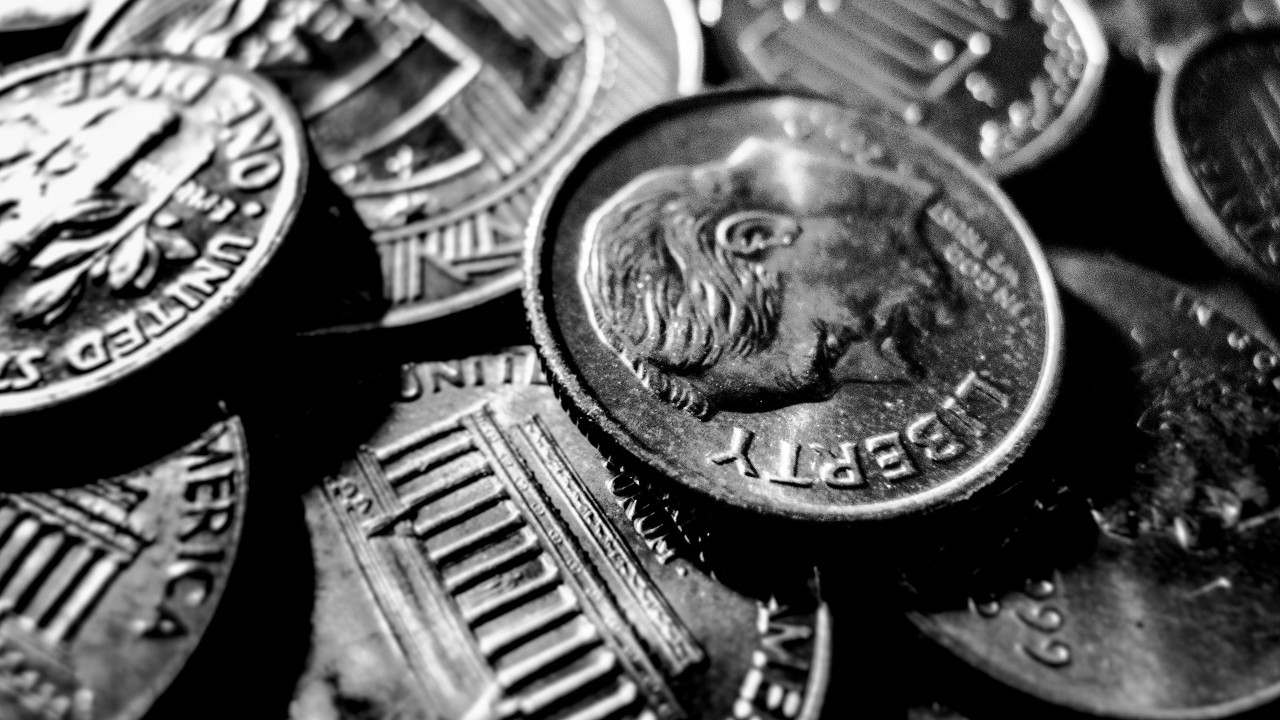Faced with the might of a kleptocracy, it is easy for an individual to feel helpless. What difference can our voices, or our votes, make to these huge, ruthless adversaries?
The answer lies in our pockets. We vote every time we spend a penny. We can choose what we buy, and what we shun. We can reward others that make decisions on this too. We can use social media to amplify our efforts. Small steps can become mighty ones.
So here are a few suggestions. Moldova has its best government for years. But the poorest country in Europe is struggling economically. So, if you drink alcohol, make a point of asking for Moldovan wine in restaurants and supermarkets. Order it online. Ask your friends to do the same. I used to say the same about Georgian wine, but the unpleasant words and deeds of the government in Tbilisi have lately dented my sympathy.
Lithuania is another candidate for support. The Baltic state has bravely stood up to China over Taiwan, and also spearheaded efforts to help the opposition in Belarus. That has frayed nerves and cost money. Do your bit to help by seeking out Lithuanian beer, cheese, linen, amber, ceramics, wool and — my particular favorite — chocolate. As the Financial Times noted, Taiwanese consumers have made Lithuania their seventh-largest supplier for online products.
There is plenty of scope to do more. Taiwan’s national day celebrations next week involve dozens of parties by its diplomatic missions around the world. I have suggested showcasing some Lithuanian food and drink at these events. It would be a good way for the Chinese offshore democracy to show thanks to a doughty ally. I am also making an effort to buy Czech products — though China’s threat of crippling economic sanctions on that country has proved empty.
Another set of potential candidates for our weaponized wallet-power is companies that have fallen foul of the Chinese Communist Party. Recent victims include H&M, Burberry, Nike, adidas, Dior, Billie Eilish, Puma, Versace, Coach, Gucci, Givenchy, Balenciaga, Swarovski, Audemars Piguet, Uniqlo, North Face, Valentino, Calvin Klein, Zara, the NBA, the actor John Cena, and Dolce and Gabbana. Sometimes their mistake has been simply to mention Taiwan in the wrong context. Others have tried to remove forced labour from their supply chain. A common (and fruitless) reaction is a grovelling apology — John Cena is a good example.
We should encourage bravery. If Chinese pressure just means that its victims gain customers in the free world, then the blowhards of Beijing would be revealed as (their phrase) paper tigers. If you own shares, or influence people who do like pension funds, you have another weapon: buy companies that do the right thing and sell those that do the wrong one. Recent events in the debt-sodden, capriciously run mainland Chinese economy suggest that steering clear of it may be good for other reasons too.
It is not just countries and companies that need our help. Individuals can be targeted too. Catherine Belton, a British journalist, is facing a costly lawsuit from the rich Russians she wrote about in her book “Putin’s People”. Buy a copy if you haven’t read it, and another one for a friend. If you use social media, share the best bits. Watch films starring Richard Gere, Harrison Ford, Brad Pitt and Sharon Stone: all have been banned, permanently or temporarily, from mainland China for speaking out on human rights.
None of this is a substitute for real politics. But actions by individuals shape the climate in which decision-makers operate. We are only as powerless as we think we are.




